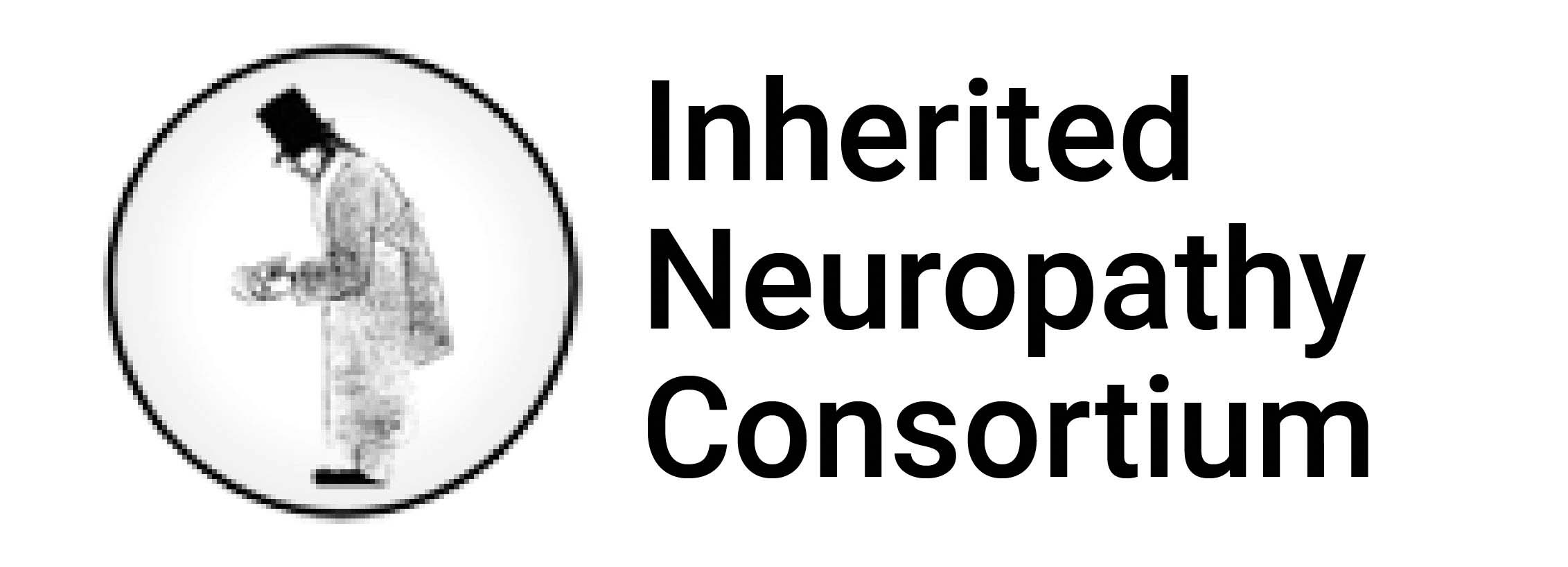Diseases Studied
The Rare Diseases Clinical Research Network is an NIH-funded research network of 21 active consortia or research groups working to advance treatment for diseases that are rare. Use the search tools on this page to find the diseases we currently study. You can reach out to the indicated consortia or research groups for more information on those diseases and studies underway.
This network focuses on clinical research and does not generally support clinical care outside of research activities. To learn about other rare diseases, please visit the Genetic and Rare Diseases Information Center (GARD), which is an NIH program that helps the public find reliable information about rare and genetic diseases. Their staff are specialists. Contact them at 1-888-205-2311 or email GARDinfo@nih.gov.
All Diseases > Peripheral neuropathy
Peripheral neuropathy
Disease Category: Inherited Neuropathies
Neuropathy means that there is a problem with the nerves. Peripheral refers to the peripheral nervous system, which is all of the nerves that branch from the central nervous system (brain and spinal cord) and travel to the feet and hands - the periphery of the body. CMT is an inherited peripheral neuropathy. Inherited means that something can be passed on from generation to generation. People with CMT usually have problems with their feet and hands, including feet deformity (high arches and hammertoes), foot drop, abnormal sensations (and loss of fine motor skills. Not everyone with CMT is affected in the same way. Some patients have mild neuropathy, while others may have more severe problems with walking, hands, and/or sensation
Research groups studying this disease
Recruiting
6601: Natural History Evaluation of Charcot Marie Tooth Disease
Third-party Collaboration
A lack of high quality natural history data, based on a uniform, quantitative evaluation of patients continues to hinder the efforts to perform clinical trials for most forms of CMT. This study aims to determine the natural history of CMT1B, CMT2A, CMT4A, CMT4C, and other types of CMT in order to refine the overall picture of disease for use in future clinical trials.
ACMT-Rete per la malattia di Charcot-Marie-Tooth
Supports Charcot-Marie-Tooth patients and their families with dedicated actions and research to increase awareness and quality of life.
CMT Research Foundation
This patient-led, non-profit foundation is focused exclusively on addressing treatments and cures for Charcot-Marie-Tooth disease.
Fondazione Telethon
Founded in 1990, Fondazione Telethon conducts fund raising activities to support research projects that aim to advance the treatment of rare genetic diseases.
Charcot Marie Tooth Association
Funds Charcot-Marie-Tooth (CMT) research and works to improve quality of life for all CMT patients.
Charcot-Marie-Tooth UK
Supports people living with Charcot-Marie-Tooth disease in the United Kingdom by providing personal support, advice, and information.
Hereditary Neuropathy Foundation
Works to increase awareness and accurate diagnosis of Charcot-Marie-Tooth (CMT) and related inherited neuropathies, support patients and families, and fund research.
Muscular Dystrophy Association
Supports efforts to transform the lives of people with muscular dystrophy, ALS, and related neuromuscular diseases.

